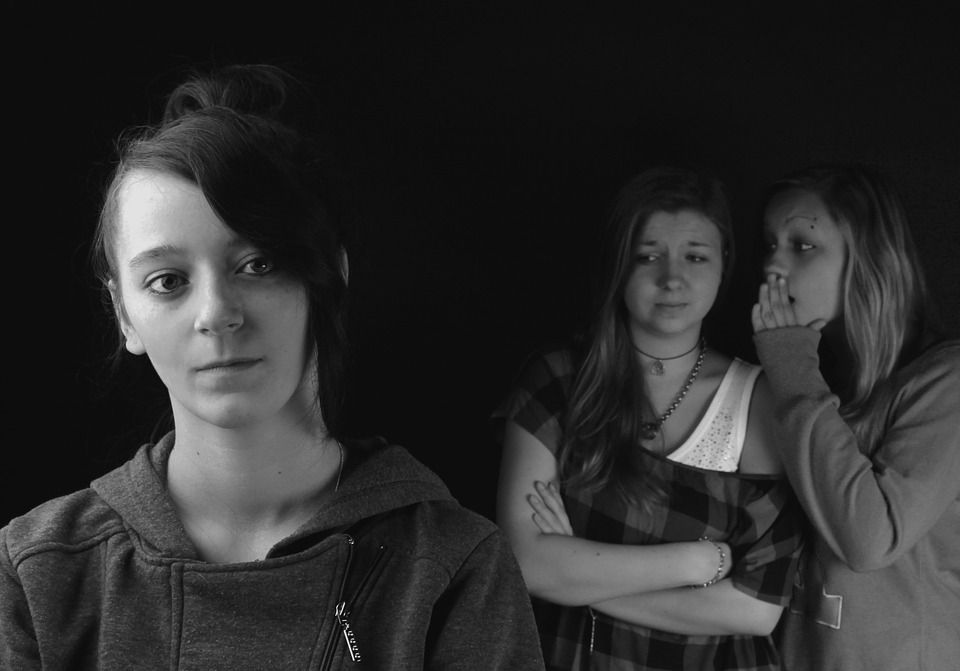Radio24syv has revealed that students in Copenhagen regularly share private details about their classmates in high school magazines.
Dirty deets
Information about the sex lives of students has for years been shared in print and over the radio at campuses north of Copenhagen – and the management of the schools have known all along.
The magazines – which belong to high schools including Ordrup Gymnasium, Gammel Hellerup Gymnasium and Øregård Gymnasium – regularly print the names of students alongside their sexual exploits, whether they’re real or otherwise.
Papa don’t preach
Ordrup Gymnasium headteacher Henning Thomsen recently revealed a commitment to introducing new values at school to make the magazine “different” – but the latest issue of their magazine still contains details about which of the high school’s students have recently lost their virginity.
Kristoffer Larsen Hübertz, a student at Gammel Hellerup Gymnasium, believes the management is not doing enough to counter the phenomenon.
“The management does not like it because it is contrary to the high school’s values, but the management does not do anything about it,” TV2 quoted him as saying.
Jorgen Rasmussen, the headteacher of Gammel Hellerup Gymnasium, did not want to comment on the case.
Violation of Privacy
Law professor Sten Schaumburg-Müller from the University of Southern Denmark believes the stories represent a clear violation of privacy and may even invite criminal charges.
“There is no doubt that this information relates to private life – and that it is an offence to disclose such information according to Penal Code Section 264D,” he told Radio24syv.
Recently, Gammel Hellerup Gymnasium and Ordrup Gymnasium announced that those appearing in the magazines would have to consent to their names being printed, but Schaumburg-Müller doesn’t believe this is enough.
“If you are over 18, you can give consent. If you are a child, it has no legal significance. The question is whether the individual can understand the consequences and whether it is valid consent,” he said.
Meanwhile, psychologist Anna Bjerre, who heads the organisation girltalk.dk, believes that it is primarily girls who are being negatively affected by the attention.
“Some may not care, but for others it can be a springboard to stigma and can even support bullying. If one is not interested in being mentioned or displayed, it can be difficult to get it to stop,” she said.















